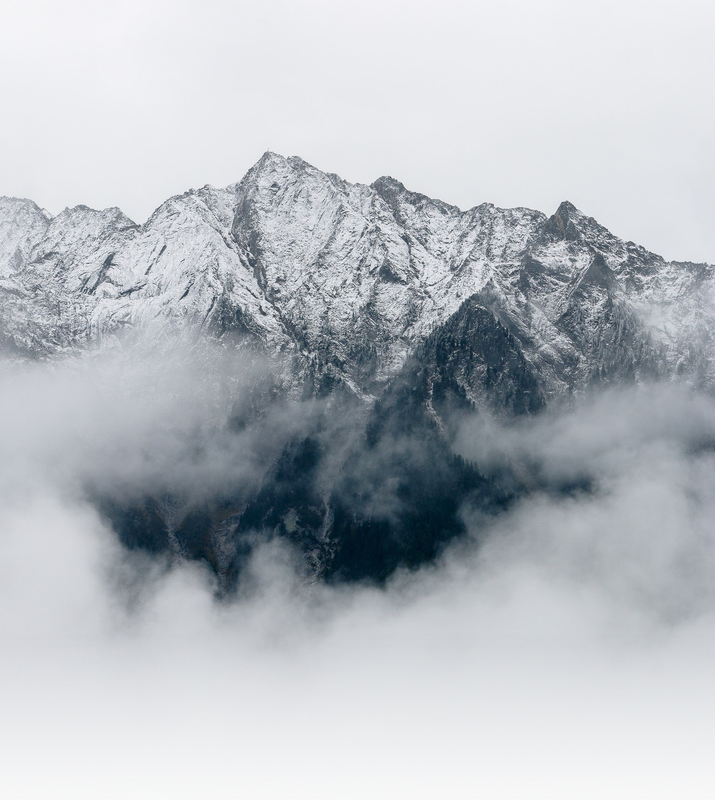
She follows him, mostly in silence, cold nipping at their heels. She doesn’t register the chill, though a few heads turn and look, and she doesn’t know if it’s for the cold or if it’s how she appears, stark white and blue-eyed. Or maybe it’s not her at all, maybe it’s her companion – Rouhi – and she’s a narcissist for assuming anything else.
He asks about her home somewhere she can’t identify, and she inhales, sharp, and for a moment she considers lying, or perhaps mentioning the place where she was born, the strange dark shore she has almost no memory of.
“Cold,” she says, “and snowy. No one visited, really, except my father. It wasn’t a welcoming place, but I liked it.”
She could have ended there – it was enough – but she adds one more piece.
“It was lonely, at times.”
She had not often been lonely, had only felt the most distant of aches as she looked into whiteness. Truth be told, she’s felt more lonely since leaving the mountain, so out of her element.
She is not lonely now, following him, venturing to see this kingdom of trees that he described to her.
(It’s so lush. So verdant. The scent of growth in the air makes her dizzy.)
He stops, eventually, and it’s only then she notices the patter of snowflakes, small and inconsequential, but oddly comforting. She does not know if her are her doing, or nature’s, but she savors them. She draws with towards her without realizing she’s doing so, until they’re swirling around, settling on forelock and eyelashes. They do not melt, not immediately, and she is grateful for such a small comfort, a taste of home.
“It’s so different,” she says. She does not say beautiful, though it objectively is, to her, beauty is all stark white and granite. But different, yes – this is different.
“Have you lived here long?” she asks, still taking in the trees, snowflakes settling over her back.
tell me that girl is not a song of burning
